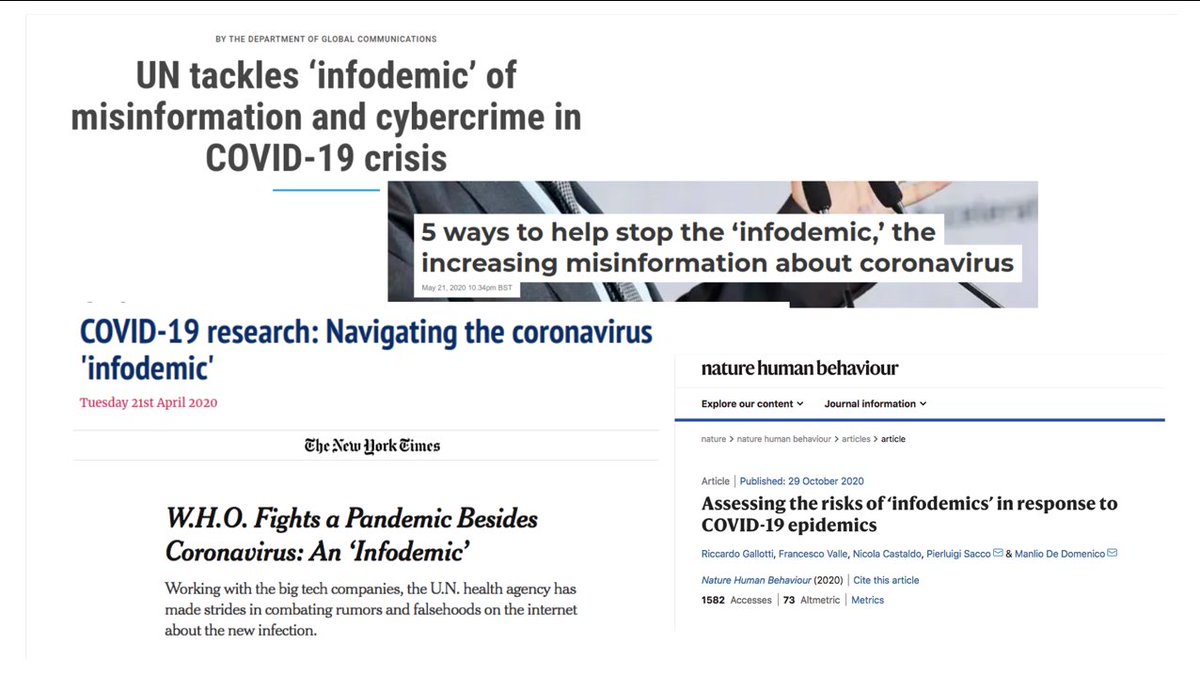I spent the last week in Germany. As usual when I go back home I try to talk to as many people as possible to get their views on certain issues. One of them: #Brexit and the #ConservativeLeadershipRace
What follows is a short thread on Germany’s harsh home truths...
What follows is a short thread on Germany’s harsh home truths...
First off, a mini-methodology. The place I hail from is fairly average for (West) Germany 🇩🇪. Semi-rural, most people employed in the “Mittelstand”, traditional values, but slightly skewed towards the left (social democrats) politically.
All of the following should be treated as small-n, non-representative insights. So take them with a large pinch of 🧂. Still with me? Ok👌here we go...
First off, here’s how much Germans care about Brexit:
They don’t, really.
At least not much.
They don’t, really.
At least not much.
Most people I talked to didn’t follow Brexit at all, apart from accidentally hearing about it in the news from time to time. The same was true for the Conservative leadership race.
No one was in favour of the EU re-negotiating or granting the UK special treatment. Many still dislike the concessions to the UK under Thatcher.
Variations of “Who do they think they are?” & “We have to think about the EU” were the responses I heard most in this context.
Variations of “Who do they think they are?” & “We have to think about the EU” were the responses I heard most in this context.
When asked, Brexit is described as a massive act of self-harm which no one can understand. And the last 3 years seem to have cost the UK all its credibility and reputation.
“You simply can’t trust them. One day they say one thing, the next day another.” (M, ~57, craftsman)
“You simply can’t trust them. One day they say one thing, the next day another.” (M, ~57, craftsman)
Given the signals coming from England since the referendum, support for the UK remaining in the EU seems to have sunk to an all-time low.
“I’m sad to see them go and I’m sorry for Remainers and the Scots but I don’t think it would be good to have them in.” (M, ~25, 👮♂️)
“I’m sad to see them go and I’m sorry for Remainers and the Scots but I don’t think it would be good to have them in.” (M, ~25, 👮♂️)
Who knows if the EU will grant the UK another extension in October. If it were for the Germans I met, they wouldn’t.
“What’s the point? It hasn’t led to anything and they’ll just waste it again”, as my grandpa remarked.
“What’s the point? It hasn’t led to anything and they’ll just waste it again”, as my grandpa remarked.
The leadership contest is seen by many as a waste of time with a pre-determined outcome: Boris Johnson.
Asked about a Johnson premiership people were blunt: “We as EU can deal with him but for the UK he will be disastrous”. Johnson was mainly described as a liar, & “mini-Trump”.
Asked about a Johnson premiership people were blunt: “We as EU can deal with him but for the UK he will be disastrous”. Johnson was mainly described as a liar, & “mini-Trump”.
Most people seemed genuinely irritated why anyone would want him as a PM. Most British politicians aren’t well known over here. Many don’t even know who Corbyn is.
With Boris Johnson, that’s different. He’s known - but for all the wrong reasons.
With Boris Johnson, that’s different. He’s known - but for all the wrong reasons.
The Germans I talked to were generally highly critical of the #ConservativeLeadershipRace.
Mostly seen as an exercise in pointlessness/backstabbing/party over country. Ppl think time should be used to prepare for Brexit/find out what UK wants, not as a rat race to replace May.
Mostly seen as an exercise in pointlessness/backstabbing/party over country. Ppl think time should be used to prepare for Brexit/find out what UK wants, not as a rat race to replace May.
Overall, there was a strong sense of Brexit-fatigue. When I asked what people care about most, not a single one answered Brexit. Instead ppl listed:
- German domestic politics
- climate change
- state of the economy
- future of EU, influence of the radical-right
/ends
- German domestic politics
- climate change
- state of the economy
- future of EU, influence of the radical-right
/ends
• • •
Missing some Tweet in this thread? You can try to
force a refresh









